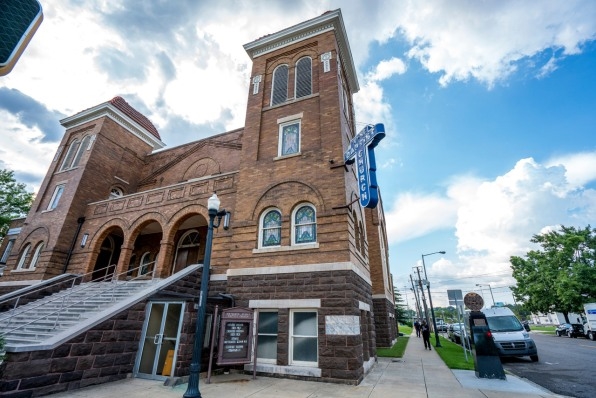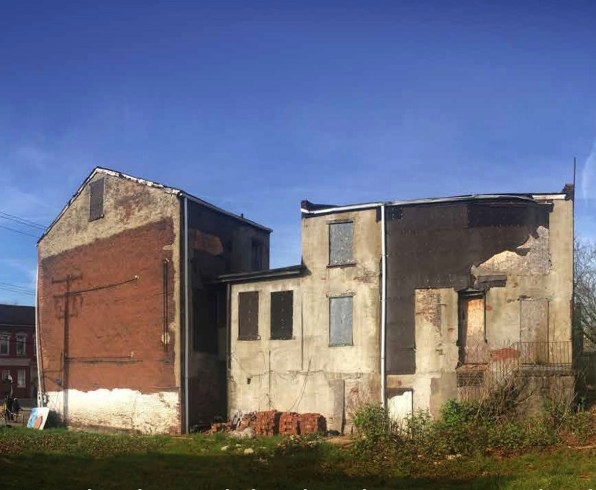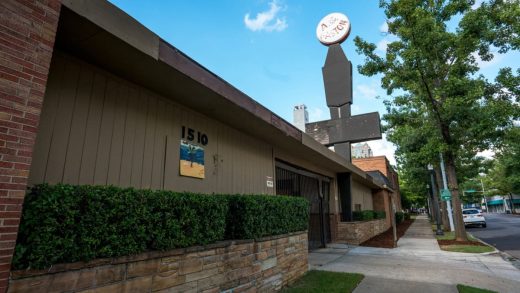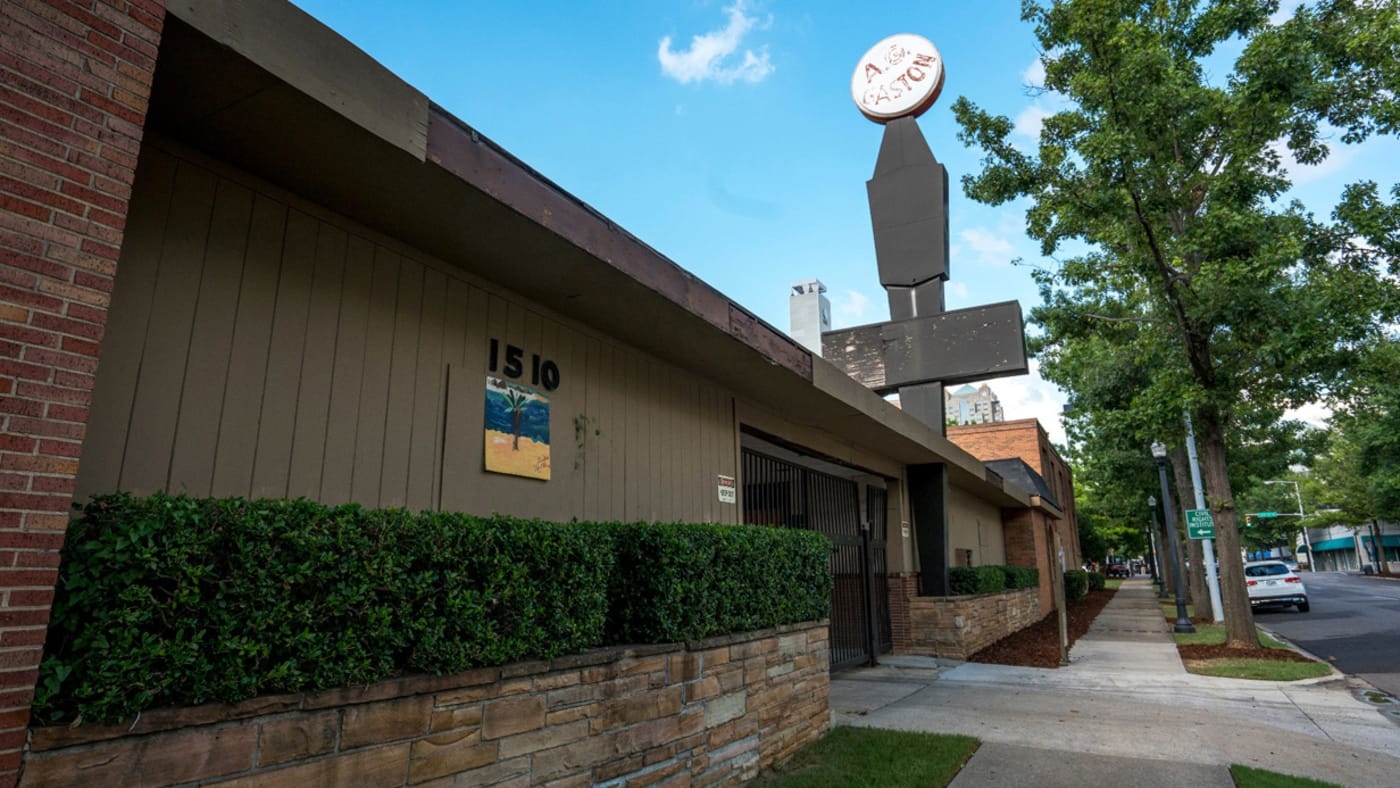This new fund is preserving the sites of African American history
In August 2017, a rally of hate groups protesting the removal of two statues honoring Confederate generals turned violent and deadly in Charlottesville, Virginia. It was a sad, tragic, and generally grotesque event. But it also sparked a counter-wave of black history preservation efforts, to ensure that more Americans remember the past correctly.
In July, the African American Cultural Heritage Action Fund, which arose post-Charlottesville, awarded $1.1 million to preserve and support 16 historical sites dedicated to sharing stories of African American activism and achievement. It’s the first distribution of an ongoing $25 million fundraising effort by the National Trust for Historic Preservation, which has drawn support from the Ford Foundation, the JPB Foundation and Open Society Foundations.
“The Action Fund was born in the wake of the aftermath of Charlottesville last summer when culture, heritage and public spaces collided,” says fund director Brent Leggs. “We wanted to build a social impact community to create a shared vision to tell the full history of our nation.”

To that end, $15 million from the fund will go toward preserving and promoting currently unrecognized or underfunded sites. Other funding will support ongoing programs that already work to promote African American heritage, and the youth-oriented effort HOPE Crew, which stands for offering “hands-on preservation experience” at African American sites. “The action fund is supporting the preservation of black monuments, and that takes many different forms,” Leggs adds, noting that funding can go to new research, preservation planning efforts, and staff positions at African American cultural institutions.

The fund initially received 830 proposals requesting $91 million dollars across 42 states, which Leggs says affirms the idea that there’s been a dramatic “inequity and invisibility” in how American history is remembered. Initial grantees include Shockoe Bottom, in Richmond, Virginia, the second largest slaveholding site in the United States, which is currently a paved-over and largely unexcavated archeological site, and potential memorial space. More support went to the August Wilson House, in Pittsburgh, Pennsylvania, home of legendary playwright August Wilson (who wrote Fences), and a collection of important civil rights sites in Birmingham, Alabama. Other recipients include honoring the early accomplishments of buffalo soldiers at Yosemite National Park and the artistic contributions of John Coltrane.

Sadly, not much has changed in Charlottesville. The city’s plan to take down those statues was countered by a state law that prohibits interfering with war-veteran memorials. But that hasn’t stopped more national progress, including a wave of anonymous donors who have stepped forward to fund the removal of other Confederate monuments.
In June, the National Trust issued a statement condemning the motivation behind Confederate tributes: “Simply put, the erection of these Confederate memorials and enforcement of Jim Crow went hand-in-hand. They were intended as a celebration of white supremacy when they were constructed.” The organization suggested that decisions about what should happen to such features should probably occur at a community level, but if retained there is an obvious need for many to become “re-contextualized,” in order to remember history without reverting to the wrong values. “As recent rallies in Charlottesville and elsewhere illustrate, they are still being used as symbols and rallying points for such hate today.
The Action Fund continues working even more proactively. “The events in Charlottesville were a moment of moment of reckoning, and in many ways it has propelled the American preservation movement to consider its contribution to society,” Leggs says. “We are now framing preservation through the action fund as a new form of justice equity and activism, as a way to inspire a current and new generation to advocate on behalf of America’s diverse historic places. The time is now for our nation and communities to tell the full history and to honor the full contributions of African Americans to our nation.”
(11)



